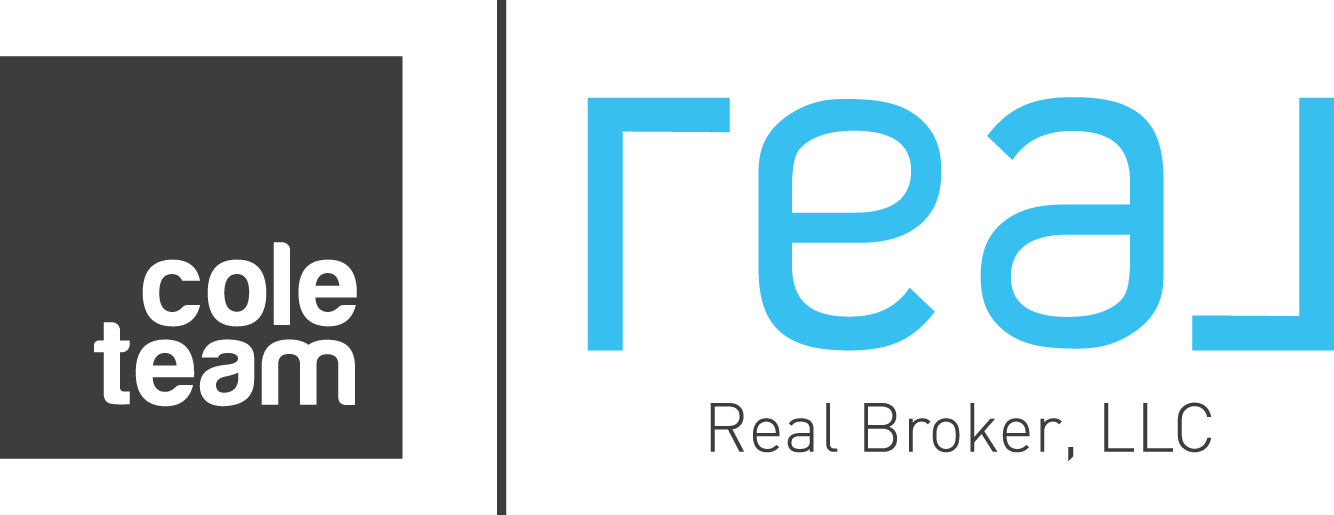You're Under Contract...Now What?!
Congratulations! Your offer has been accepted and you're officially under contract. All the hard work is over right? You can sit back, pack a few boxes, grab a cup of Starbucks on your way to the closing in 30 days? WRONG! It's important you know the specifics of what is in your contract so you can have a successful closing.
Join the Cole Team with Compass in our new Youtube Series as we walk you through the key points of the Georgia Real Estate contract and what you need to consider when you're purchasing and selling a home in Alpharetta, Milton, Cumming, Dawsonville and beyond.
What is Due Diligence?
What is Due Diligence? How does it affect you when buying a home? The first 10 or so days of your contract depending on what was negotiated is typically a time called due diligence. This is the time for you to do your 'due diligence' to make sure the home you are purchasing is in fact the home you think you're purchasing. This is the time to do things such as a home inspection, make sure the HOA will allow you to put in the fence you need for your pup, and make sure there are no new plans for a 24 hr dance club behind you. If any issues come up during this time and they cannot be worked out with the Seller you can typically cancel your contract and have your earnest money returned.
📹 For more information join Stephanie Cole Patterson with the Cole Team at Compass as she walks you through what Due Diligence is in regards to the Georgia Real Estate Contract and why it is important.
What is Due Diligence and how does it affect me when buying a house?
What is due diligence and how does it affect you when buying a home in Cumming, Alpharetta...
Do I need a Home Inspection?
Do I need a Home Inspection before buying a home? The short answer is YES. Home inspections are used to provide an opportunity for a buyer to identify any major issues with a home before purchasing. Home inspections generally cost anywhere from $300-600 depending on the size of the home, but the peace of mind they provide can be priceless! A good home inspector will provide a very detailed report with photos that cover everything from structural integrity, water intrusion, termite or pest activity, defective building materials, appliances, plumbing and HVAC systems. A home inspector may advise you to have additional inspections from specialists if there are concerns about the roof, foundation, or pest infestation, for example. Buyers may also want to consider separate inspections as necessary, such as septic tanks and swimming pools.
It is important to note that a good home inspector will always find SOME issues with any property, even new construction homes! No home is perfect, and a buyer must focus on issues that pose health and safety risks or major defects, not cosmetic upgrades or normal wear and tear. The home inspector will also help a buyer know what items they might need to budget for in the near future (for example, is the water heater nearing the end of it's life? Are the windows energy efficient or would it make sense to upgrade those at some point?). These are important things to keep in mind so that the new homeowner can be prepared for the long term cost of maintaining the property.
In summary, a thorough home inspector by a licensed professional can provide you with peace of mind and potentially save you from purchasing a home with hidden defects.
📹 For more information join Meriellen Cole Arenz with the Cole Team at Compass as she discusses the importance of a home inspection and what to expect.
Do I need a Home Inspection before buying a home?
Do I need a Home Inspection before buying a home in Cumming, Alpharetta, Milton, and Dawso...
Do I need a Home Appraisal?
Do I have to have an appraisal? What happens if the home I'm buying doesn't appraise? If you are getting a mortgage to purchase your home, most likely your lender will require the home to have an appraisal. An appraisal is an unbiased opinion from a 3rd party, licensed professional about the market value of a property. Your lender will order the appraisal, and the appraiser will visit the property, research comparable homes that have sold recently, and prepare a report to submit to the lender with their opinion of value. If the value comes in at your purchase price--great! If it appraises over purchase price--even better! However, sometimes, the value will come in under the purchase price, and that is when your agent must get to work! The lender uses the appraised value to determine how much they are willing to loan for the purchase. If your contract is contingent upon a satisfactory appraisal, we will have the ability to try and renegotiate a new purchase price with the seller. However, if the seller is unwilling to budge on the price and insists on selling the home for more than the appraised amount, the buyer has the option to make up the difference or walk away with no penalty (meaning the buyer does not lose their earnest money, as long as the appraisal contingency has not expired.)
If you are getting a VA loan, and FHA loan, or a USDA loan, the appraisal may also come back with required repairs. These types of loans have strict criteria that a home must meet in order to make the loan. The home must not have any health or safety issues, termites, wood rot, or other damage that might result in costly repairs for the new homeowner. If these types of issues are noted by the appraiser, the lender may refuse to make the loan altogether, or they may require the repairs to be completed prior to closing.
Do you still need a home inspection if you are getting an appraisal? Absolutely! An appraisal is not a thorough evaluation of the condition of the property. We recommend that our clients get a home inspection first, and then order the appraisal.
📹 For more information join Sarah Johnson with the Cole Team at Compass as she discusses the importance of a home appraisal and what to expect.
How to understand the Appraisal Process while buying a home
Understanding the Appraisal Process while buying a home in Cumming, Alpharetta, Milton, an...
What is the Finance Contingency?
What is the finance contingency? If you are getting a mortgage to purchase your property, your contract will most likely be contingent on the buyer receiving financing approval within a reasonable amount of time agreed upon by buyer and seller. This allows time for the buyer to work closely with their lender to provide the necessary documentation and receive a decision by the underwriter on whether or not the loan will be approved. This time frame can vary depending on the lender and the type of loan, but generally 3 weeks is a reasonable expectation for this process. It is important that the buyer provide everything to the lender in a timely manner so that they don't hold up the process. In fact, it is a good idea to provide all of the required documentation to the lender BEFORE even going under contract. This will ensure a smoother process and make your offer more appealing and more likely to be accepted by the seller.
It is important to note that having a pre-approval letter before going under contract on a home does not automatically ensure the loan will be approved. This is why the financing contingency is in place. If for some reason during this time period, the lender denies the loan, the buyer's Earnest Money is protected. However, if the loan is denied after the financing contingency expires, the buyer will lose their earnest money. This is why it is so important to act swiftly to supply everything the lender requests as soon as possible.
📹 For more information join Inez Austin with the Cole Team at Compass as she discusses the importance of the finance contingency and what to expect.
How to get through the finance contingency smoothly
Understanding the Finance Contingency when buying a home in Cumming, Alpharetta, Milton, a...
Do I need a Survey?
Do I need a survey on the home I'm purchasing? Imagine closing on your dream home with that perfect backyard for the pool you've always wanted, only to discover AFTER closing that there is a huge pipe going through your backyard that will make it impossible to build that pool! Or imagine purchasing a property with a fenced backyard, and you assumed the fence marked your property boundaries, but found out later that your fence is actually on the neighbor's property and they want you to move it! These issues and more could easily be discovered and addressed by having a survey before you purchase the home! In fact, if you are selling your home and you never had a survey, you may want to consider doing one in order to avoid any potential surprises that could derail your sale!
📹 For more information join Stephanie Cole Patterson with the Cole Team at Compass
Do I need a survey on the home I'm purchasing?
Do I need a survey on the home I'm purchasing in Cumming, Alpharetta, Milton, and Daws...
What is included in the Closing Costs?
What is included in the closing costs on the home I'm purchasing? Closing costs are the fees, taxes, and other charges associated with originating the mortgage loan and transferring the property from buyer to seller. These costs are paid at closing, and are generally charged to the buyer. However, it is not uncommon to negotiate for the seller to assist in paying some or all of these costs on behalf of the buyer. The fees associated with the mortgage may include a loan origination fee, purchasing points to buy down the interest rate, processing fees, underwriting fees, and a credit report fee. Make sure you "shop around" with 2 or 3 lenders to make sure you are not being charged unnecessary "junk" fees. Other typical closing costs include transfer taxes, title insurance, government recording fees and attorney's fees.
Pre-paids are also lumped in with closing costs. Pre-paids are the monies collected to start your escrow account, and will include several months of reserves for property taxes and homeowner's insurance. You also may have to pay homeowner's association dues or initiation fees.
As you can see, closing costs can add up quickly and will need to be budgeted for! A good rule of thumb is about 3% of your loan amount will be needed for closing costs in addition to your down payment. If you do not have that amount of cash saved up, you will need to negotiate for the seller to assist with these costs when you first make your offer.
📹 For more information join Meriellen Cole Arenz with the Cole Team at Compass as she discusses
What is included in the closings costs when I purchase a home?
What is included in the closings costs when I purchase a home in Cumming, Alpharetta, Milt...
How to have a Successful Final Walk Through
You've made it through inspections, appraisal, loan approval and your closing is scheduled! There's one last thing we need to do! Either a day or two before the closing, or even the day of the closing, you and your agent definitely want to visit the home before it's officially yours! Often times, a buyer doesn't go back to the home after the inspection, and lots can happen in just a few weeks! Speaking from personal experience, I have seen homes where the A/C quit working the day before closing! If the buyer hadn't done that final walk-through, they wouldn't have known until after closing. If repairs were negotiated as part of the contract, the buyer will definitely want to check to make sure the repairs have been completed according to the agreement. Another important consideration is making sure the sellers did not leave any of their unwanted personal belongings or trash at the home for the new owner to deal with. Once you close on a home, you are accepting it in its current condition, so be sure you are 100% happy with everything before you sign!
📹 For more information join Sarah Johnson with the Cole Team at Compass as she discusses the importance of the final walk through.
How to have a successful final walk through when you're buying a home
How to have a successful final walk through when you're buying a home in Cumming, Alph...
What to expect on Closing Day
Congratulations--you've made it to Closing Day! Don't forget these few last minute details! Have you set up your utilities? Have you completed your change of address? You'll be eager to start moving in, but plan to be at the closing for at least an hour. Prior to closing, make sure you have carefully reviewed your Closing Disclosure with your lender and agent. That way you will not be caught off guard by any charges at closing, and any mistakes can be caught and corrected beforehand. This will also tell you exactly how much money you will need to wire to the closing attorney, or how much money you'll be getting back. You will want to make sure the wire is sent before closing and verify with the attorney that is has been received. If you are a seller and receiving proceeds at closing, you'll want to be sure you've already provided the attorney with instructions on how you would like to receive your funds (check, wire transfer, etc).
If you can not be physically present at closing, you will need to have a Power of Attorney prepared in advance to have a trusted friend or family member sign on your behalf.
Unless other arrangements have been made, the seller will bring keys, garage remotes, and amenities access cards to closing. All signing parties need to have their photo id, so make sure the movers don't pack your wallet!
If all of these things are taken care of in advance, you'll avoid any last minute hiccups or delays!
📹 For more information join Inez Austin with the Cole Team at Compass as she discusses
What you can expect on your closing day and how to prepare for it.
What you can expect on your closing day and how to prepare for it in Cumming, Alpharetta, ...
.png)
.png)

)%20(2).png)








